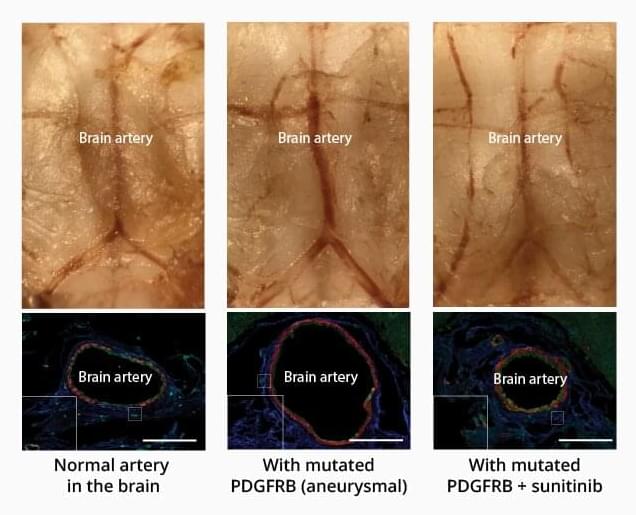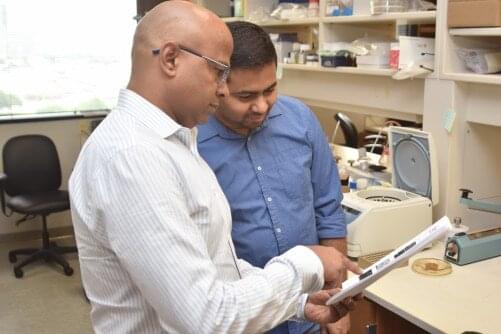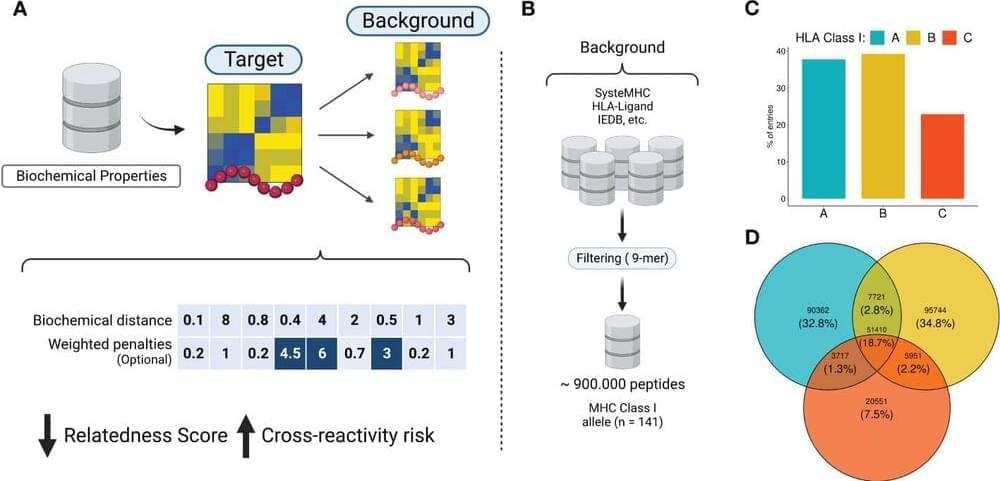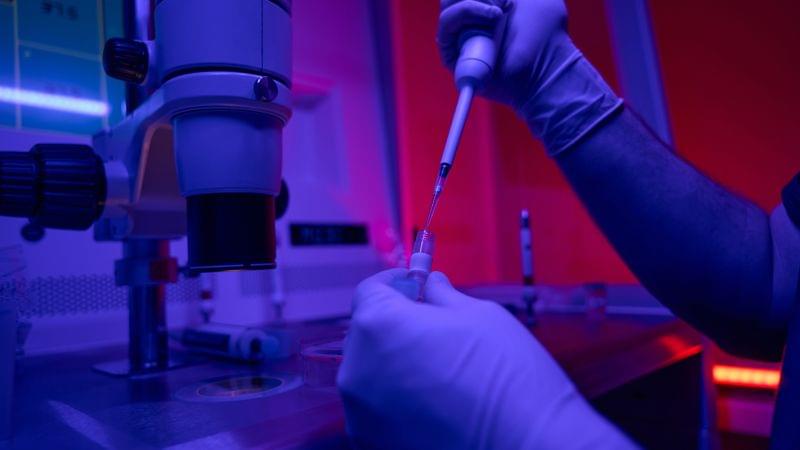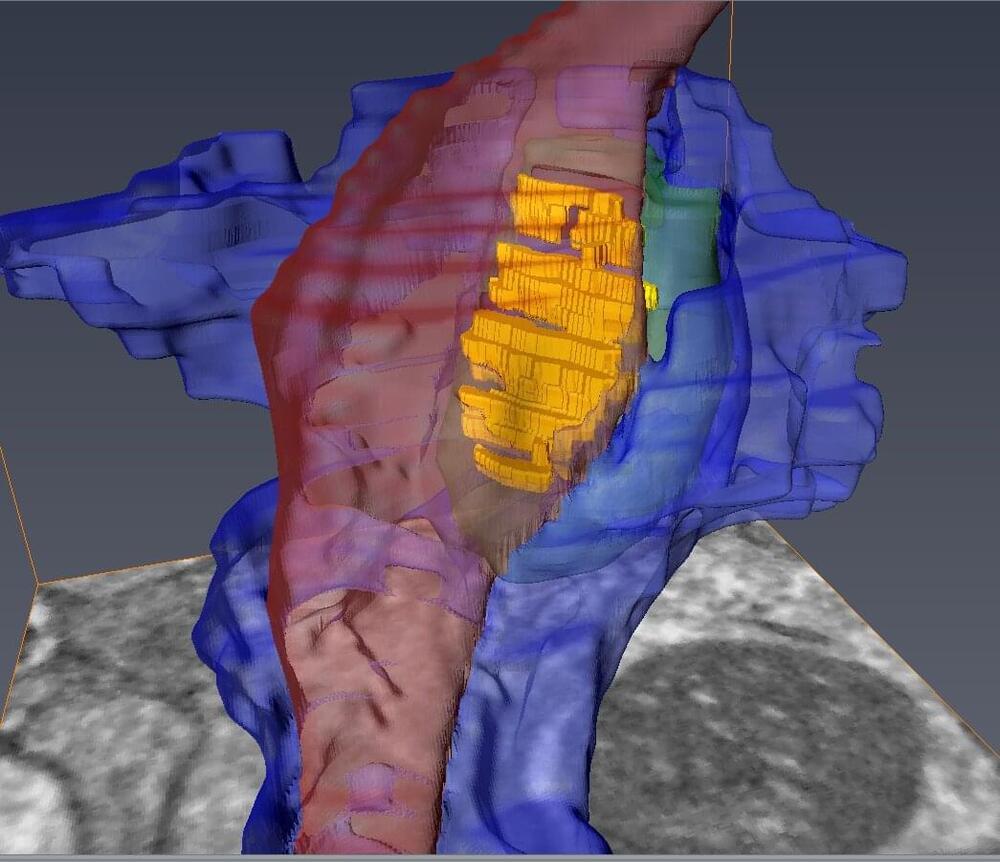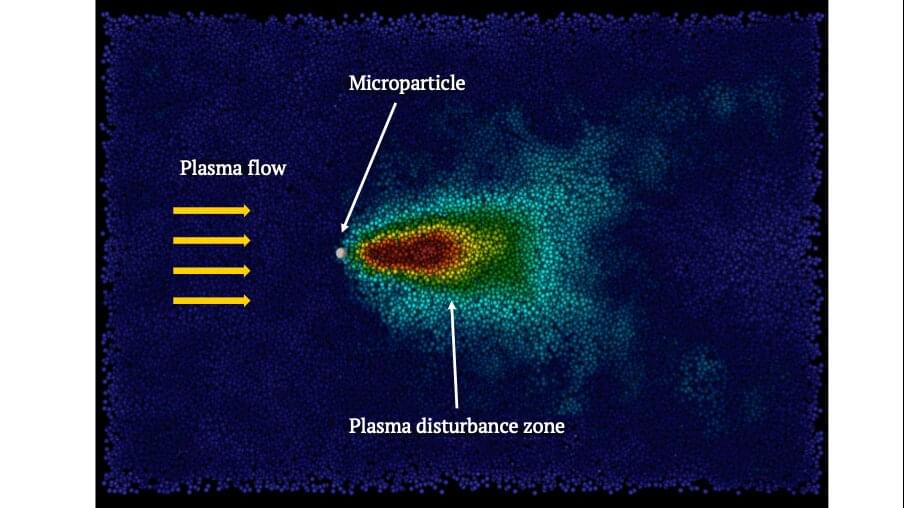
Understanding the mechanisms of interaction between plasma and microparticles is of a critical importance in various fields, including astrophysics, microelectronics, and plasma medicine. A common experimental approach for studying interactions between plasma and microparticles is to place microparticles in a flowing plasma of a gas discharge. In order to achieve a more accurate understanding of the processes occurring in such systems, scientists need fast and efficient tools for calculating forces acting on microparticles in a plasma flow.
Typically, plasma-physicists have to independently develop software tailored to a specific task, which is a significant investment of time and resources. Existing open-source programs frequently encounter challenges related to installation, documentation, and sluggish performance. A group of scientists from the JIHT, the HSE and, MIPT have developed a novel solution: a fast, open-source code which is easy to install and extensively documented.
The outcome—OpenDust—performs ten times faster than existing analogues. In order to accelerate calculations, the algorithm uses multiple GPUs simultaneously.




